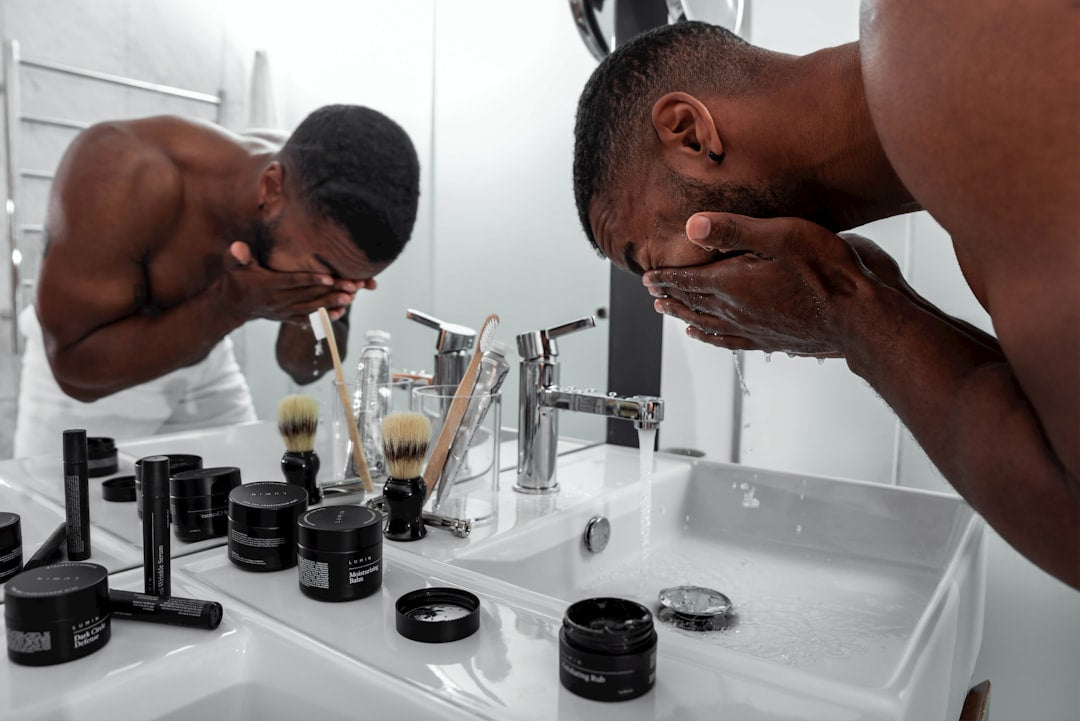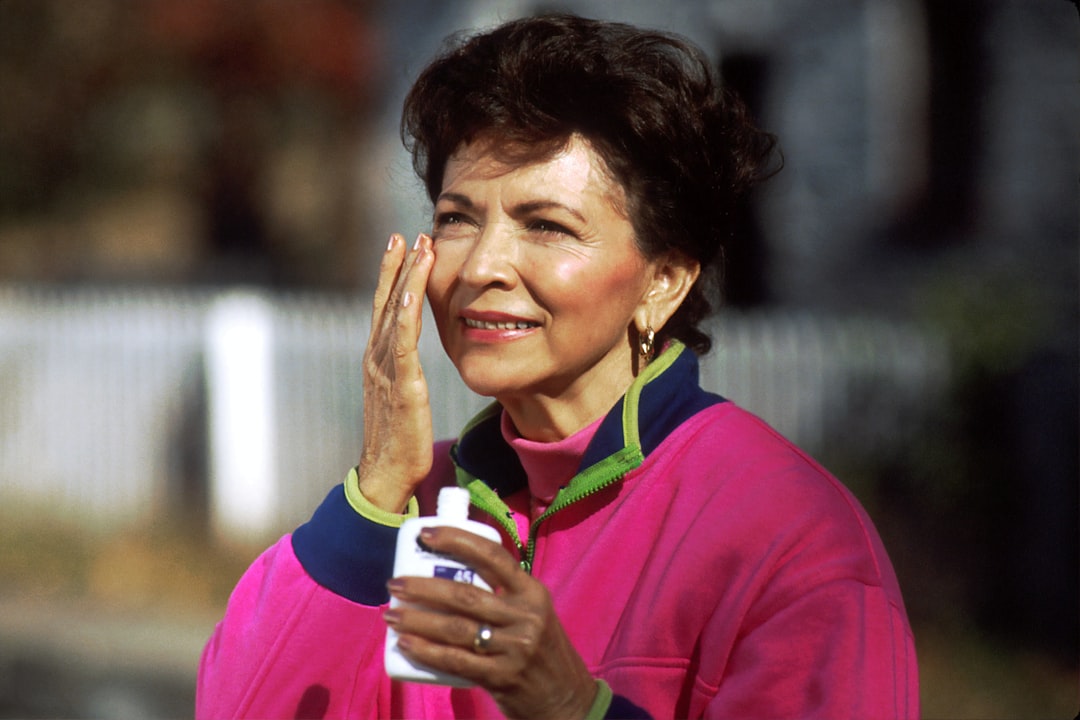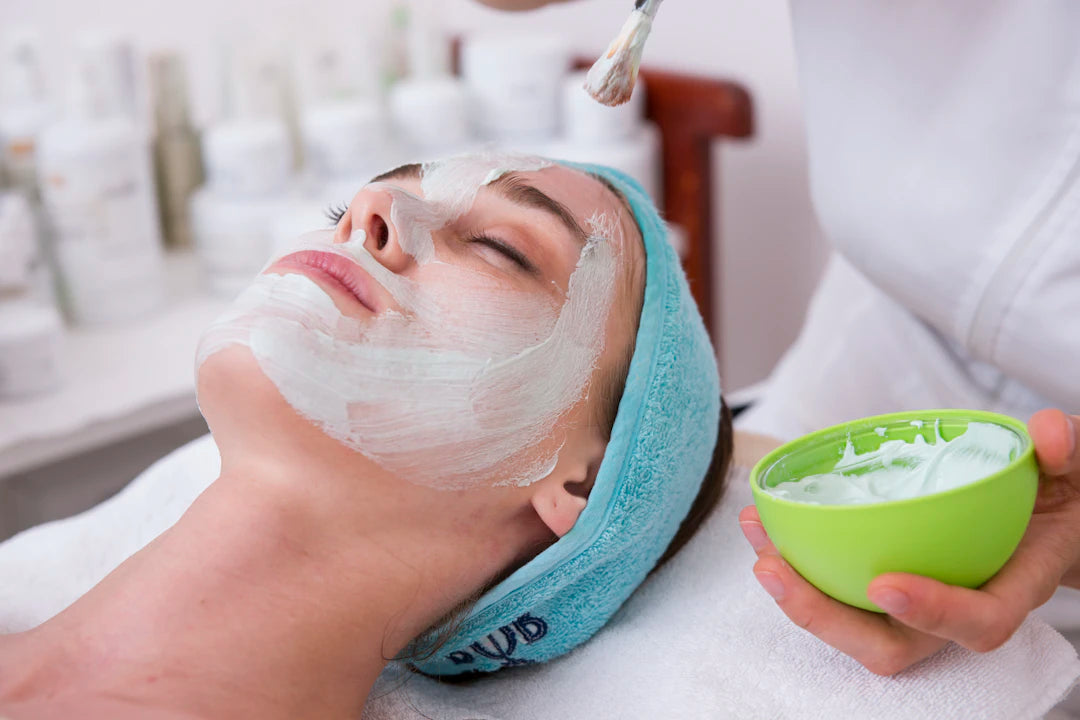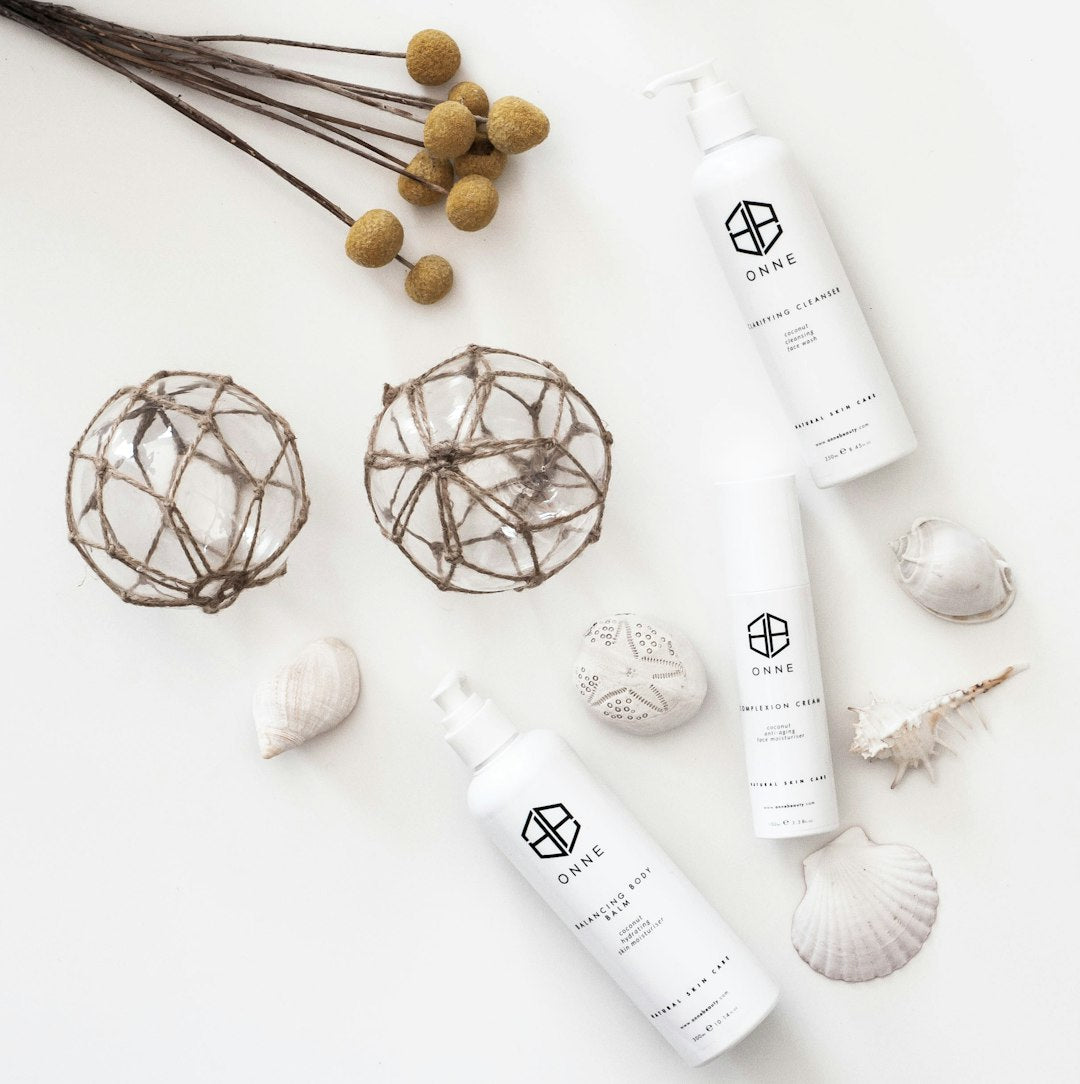When to Seek Professional Help for Skincare: Your Guide to Healthy Skin

When it comes to maintaining healthy and youthful skin, knowing when to seek professional help is key. Many people think they can handle all their skincare concerns on their own, but sometimes it’s essential to turn to an expert. In this comprehensive guide, we’ll explore the signs that indicate it’s time to consult a professional and how they can help you develop the best skin care routine. Whether you're dealing with persistent acne, signs of aging, or other skincare issues, understanding your skin’s needs is crucial.
Understanding Your Skin: The Basics
Before we dive deeper into when to seek professional advice, it’s important to understand your skin type and what it requires. Your skin can be classified into several categories:
- Oily Skin: Characterized by an excess of sebum, leading to shiny appearance and enlarged pores.
- Dry Skin: Lacks moisture and natural oils, often resulting in flaking and tightness.
- Combination Skin: A mix of oily and dry areas, often with an oily T-zone and dry cheeks.
- Sensitive Skin: Easily irritated, this skin type reacts to products and environmental factors.
Knowing your skin type helps you select the appropriate products and determines when you may need to get professional assistance. A professional can expertly analyze your skin's unique needs to suggest effective treatments, including the best retinol cream or skin tightening options.
Common Skincare Concerns
People face various skincare issues that may indicate a need for professional help. Here are some common concerns:
1. Persistent Acne
Acne can be frustrating and demoralizing, especially when over-the-counter treatments fail to deliver results. If your acne is persistent, inflamed, or causing scarring, a dermatologist can provide tailored treatment plans, which may include prescription medications or advanced therapies.
2. Signs of Aging
As we age, our skin naturally shows signs of wear and tear. This can be manifested as fine lines, wrinkles, or sagging skin. If you’re concerned about your skin's appearance and looking for effective anti-aging treatments, consulting a skincare professional can lead to more effective interventions.
3. Uneven Skin Tone
Hyperpigmentation, dark spots, or redness can make your complexion appear uneven. Professionals can offer targeted treatments or chemical peels to help restore a more uniform skin tone.
4. Severe Dryness or Flakiness
While everyone experiences dry skin occasionally, persistent dryness or flakiness may require professional attention. A dermatologist can determine underlying issues and recommend appropriate hydrating treatments.
5. Rash or Irritation
Rashes, hives, and other irritations may indicate an allergic reaction or dermatological condition. Consulting with a professional ensures you receive the correct diagnosis and treatment plan.
When to Seek Professional Help
Recognizing the right time to seek professional help for skincare can make a significant difference in your skin's health. Here are key indicators that it’s time to schedule an appointment:
1. Your Skincare Routine Isn't Working
If you've been using a consistent skincare routine of cleansers, exfoliants, and moisturizers but still see no improvement, it may be time to consult a professional. They can analyze your routine and recommend adjustments or new treatments, including prescription products that can address your specific concerns.
2. You Experience Frequent Breakouts
Acne can occur for various reasons; if you're experiencing frequent breakouts, a skincare expert can help identify triggers and suggest tailored solutions, such as specific products to help with skin tightening and acne reduction.
3. Noticing Other Skin Changes
Changes in skin texture, color, or sensitivity can be signs of underlying health issues. If you notice new moles, lesions, or patches on your skin, seeing a dermatologist can help ensure they are benign and address any concerns promptly.
4. Preparing for a Special Event
Are you gearing up for a wedding, reunion, or other special occasion? A consultation with a skincare professional before that big event can provide insights into the best skincare practices to achieve that radiant glow. They may suggest options for anti-wrinkle injections or advanced exfoliation techniques to make your skin camera-ready.
5. You Have Persistent Skin Conditions
Conditions such as eczema, psoriasis, or rosacea require specialized care. If you struggle with these or notice significant changes, professional advice is essential for managing symptoms and preventing flare-ups.
The Benefits of Professional Skincare
There are numerous advantages to seeking professional help for your skincare needs:
- Personalized Treatment Plans: A skincare professional can create a tailored plan based on your specific skin type and concerns.
- Advanced Treatments: Professionals can provide access to treatments not available over-the-counter, like chemical peels, laser therapy, or advanced facials.
- Education: Experts can educate you on the causes of your skin issues and how to take proactive steps to prevent them in the future.
- High-Quality Products: Skincare professionals often have access to medical-grade products that can give faster and more noticeable results.
Creating a Comprehensive Skincare Routine
Once you’ve consulted with a skincare professional, it’s important to develop a comprehensive skincare routine that suits your skin type and addresses your concerns. Here are elements typically included in an effective skincare routine:
1. Cleansing
Choose a gentle cleanser that suits your skin type to remove impurities and excess oil while keeping the skin hydrated.
2. Exfoliation
Regular exfoliation can help reveal fresh skin and prevent clogged pores. Incorporate gentle chemical or physical exfoliants into your routine a few times a week.
3. Moisturizing
A good moisturizer helps maintain hydration. Look for products that contain ingredients designed to combat dryness and support your skin's barrier.
4. Sun Protection
Protecting your skin from harmful UV rays is vital. Use a daily broad-spectrum sunscreen, even on cloudy days, to prevent sun damage and premature aging.
5. Targeted Treatments
Consider integrating specialized products such as the best retinol cream for anti-aging benefits or serums designed to tackle specific issues, like pigmentation or wrinkles.
A Friendly Reminder
Taking care of your skin is a long-term commitment. It’s essential to remain patient as you work through your skin concerns and embrace the changes that come from expert guidance. Regularly evaluating your skincare routine and consulting with a professional can lead to healthier and more radiant skin.
When it comes to skincare, you are not alone. Knowing when to reach out for professional help can be the first step toward transformative results. Always listen to your skin; if it is communicating its need for assistance, don’t hesitate to seek the expertise that can help you shine even brighter. After all, your skin deserves the best care possible!


